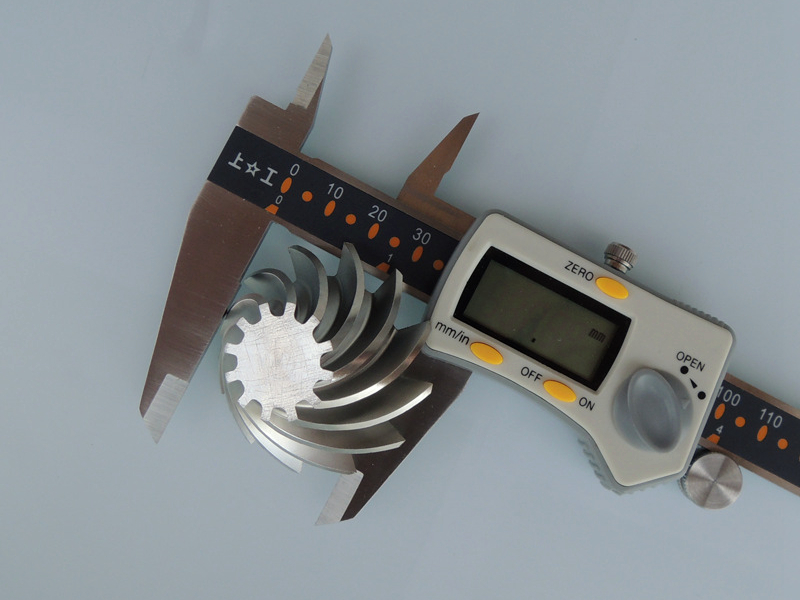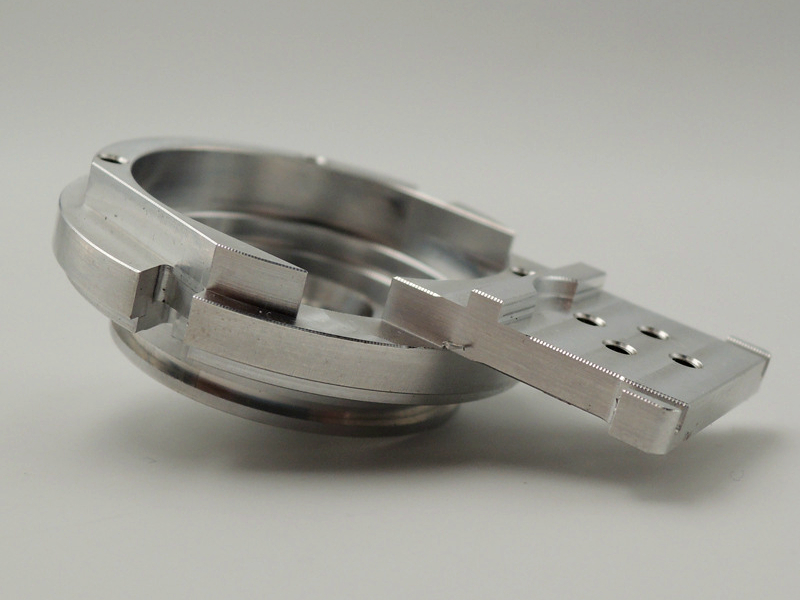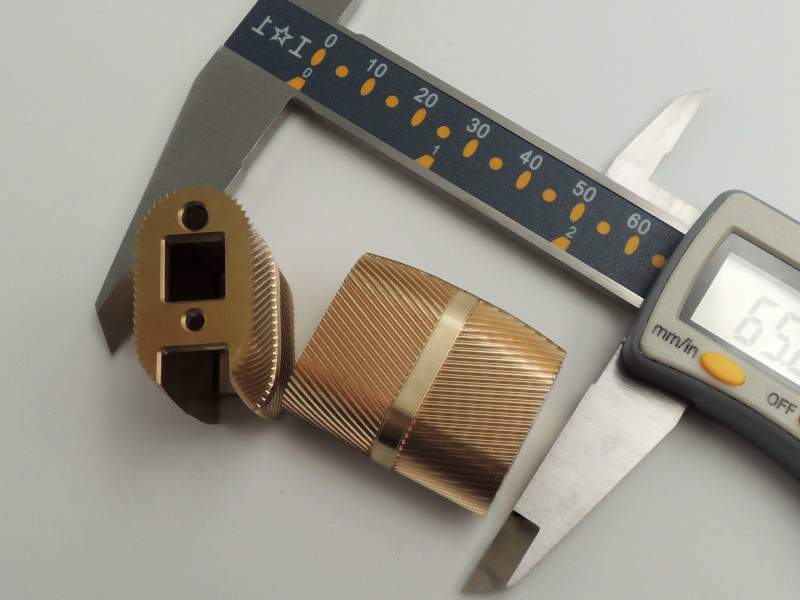How do I ensure the supplier can meet my specified dimensional tolerances?
How Do I Ensure the Supplier Can Meet My Specified Dimensional Tolerances?
Ensuring Precision in Custom CNC Machining
To guarantee that a CNC machining supplier can meet your specified dimensional tolerances—especially in the ±0.005 mm to ±0.01 mm range—you must verify their equipment precision, quality control processes, material expertise, and industry certifications. This is especially critical in sectors such as aerospace, medical, and automation, where failure to meet tolerances can compromise part functionality and safety.
1. Confirm Their Machining Capabilities
Ask for the supplier’s standard and minimum achievable tolerances based on their 3 Axis, 4 Axis, and 5 Axis CNC machining equipment. High-precision CNC centers should consistently deliver ±0.01 mm tolerances, with some capable of ±0.005 mm under controlled conditions.
2. Request Dimensional Inspection Reports
Before placing production orders, ask for sample First Article Inspection (FAI) or CMM reports from previous projects. These reports should show:
Actual vs. nominal dimensions
Tolerances achieved
Conformance percentages Ensure these reports are traceable to international metrology standards.
3. Evaluate Their Metrology Equipment
A qualified supplier must have:
Coordinate Measuring Machines (CMMs) for multi-axis precision checks
Calibrated micrometers, bore gauges, and calipers
Digital surface roughness testers for Ra verification
Temperature-controlled inspection rooms for stable measurements
4. Check for Relevant Certifications
Look for:
ISO 9001:2015 – General quality assurance
AS9100 – Aerospace industry compliance
ISO 13485 – Medical device manufacturing These certifications indicate consistent quality control and traceability in tight-tolerance machining.
5. Conduct a DFM Review Before Production
Submit your 2D drawing or 3D model for a Design for Manufacturability (DFM) review. A qualified supplier will assess:
Whether your tolerances are practical and cost-effective
If specific features need special tools or finishing operations
Potential risks related to part deformation or material behavior
6. Start with a Prototype or Trial Run
Before committing to mass production, request a prototype batch with full FAI documentation. This allows you to validate:
Tolerance control on critical dimensions
Repeatability across multiple parts
Inspection consistency
7. Confirm Process Controls for Stability
Tolerances under ±0.01 mm require more than just accurate equipment. Ask if the supplier:
Uses tool wear compensation in CAM programming
Calibrates machines regularly
Monitors spindle thermal growth
Operates in a temperature-controlled machining environment
Tight-Tolerance CNC Machining with Guaranteed Inspection
Neway Machining delivers high-precision Custom CNC Machining with documented conformance to ±0.005 mm tolerances. We offer full CMM inspection, First Article Inspection, and ISO-certified processes for industries such as aerospace, medical devices, and industrial equipment.



